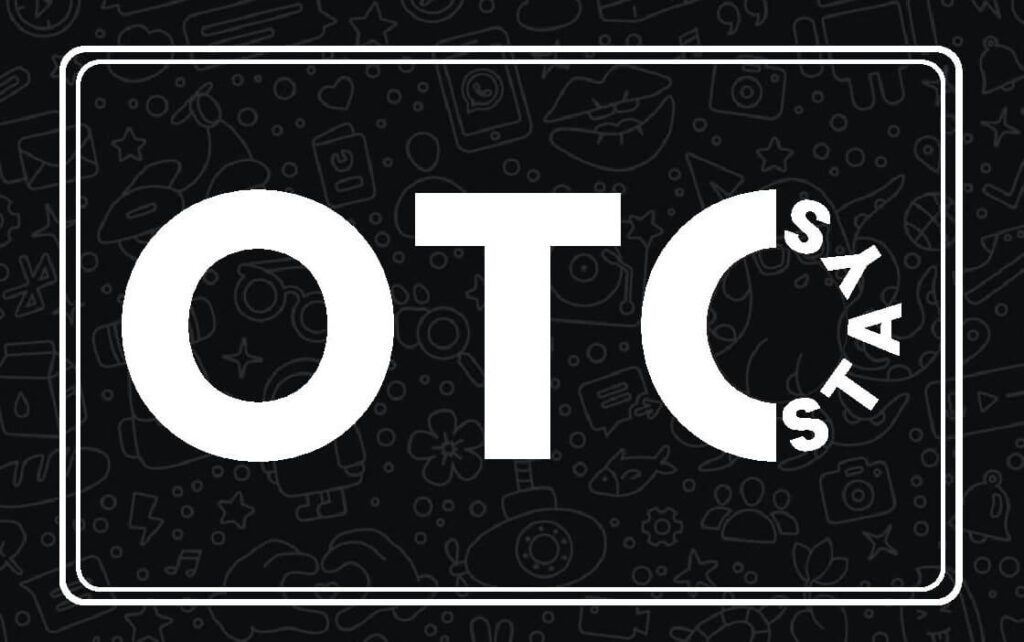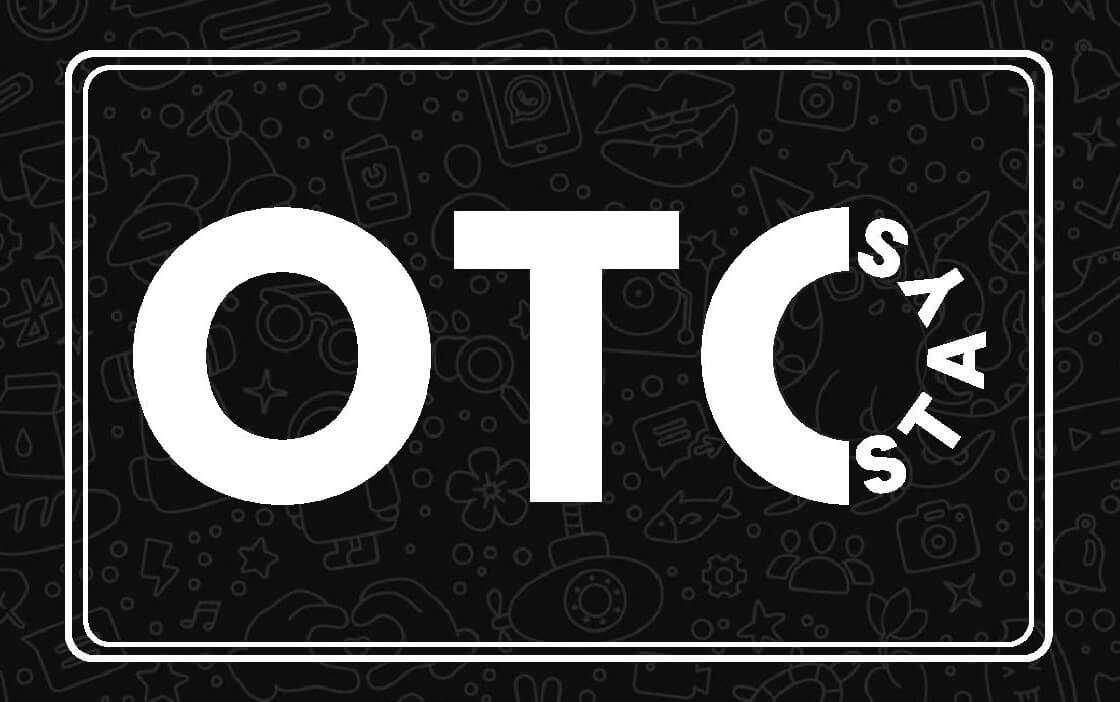
A Step-By Step Guide To Selecting Your Adult Diagnosis Of ADHD
How to Get an Adult Diagnosis of ADHD
Many people don’t receive the diagnosis of ADHD until they reach adulthood. It could be because the signs were not noticed in the early years or are mild.
To be diagnosed with ADHD, you must have experienced ADHD symptoms before the age of 12. These symptoms should affect your social or work life and persist for a long time.
The Diagnosis Process
To get a proper diagnosis of ADHD it is necessary to consult a professional who specializes in this disorder. During the evaluation the doctor will ask the patient to describe their symptoms in detail. The doctor will also review the patient’s family, medical and psychiatric history. It is important for patients to discuss their symptoms with their doctor openly and truthfully, without feeling embarrassed or embarrassed.
Symptoms of ADHD are often very similar to other mental health issues and physical ailments that is why it is crucial that an accurate assessment is made by a qualified mental health professional. The evaluation will comprise a an examination for psychological health, a medical exam, and an interview. The psychologist or psychiatrist may ask the person to explain the symptoms and how they impact their lives. They might also inquire about the child’s behavior and school experiences. The expert will also consider other factors that may be causing issues. These could include stress or other health issues.
Receiving a diagnosis of ADHD in adulthood can be an emotional and difficult process. It can be a challenging and emotional experience to be given a diagnosis of ADHD as an adult. It is crucial to remember that the diagnosis of ADHD does not reflect a person’s personality or character. It is an illness that can be treated with medication and other therapies.
Some doctors use a checklist to determine the signs of ADHD. These checklists were designed for children. However adults can also meet the criteria in the event that they show five or more signs of inattention, or 6 or more for hyperactivity or impulsivity. Certain doctors also conduct interviews with family members close to them or friends, as well as coworkers. This can provide valuable insights that are not accessible through questionnaires, and may help rule other conditions out which could be the cause of ADHD symptoms.
When choosing a doctor to evaluate for ADHD it is recommended to seek recommendations from trusted colleagues. It is important to make sure that the specialist you choose is licensed and certified in your area. Check with the specialist’s office to find out more about their qualifications.
Signs and symptoms
Untreated ADHD can cause a variety of issues for people. They may have trouble with relationships, work and school. They may struggle to maintain an appropriate diet or sleeping habits. They may be struggling with addiction issues and financial issues related to excessive spending. They might also be suffering from mental health issues such as anxiety or depression. The majority of the time, these signs are interpreted by people around them as signs of inattention or apathy. When people suffering from ADHD are diagnosed, they usually feel an overwhelming sense of relief and acceptance. They can then take the necessary steps to deal with the issues that affect their daily lives and achieve success in a variety.
A mental health professional will look over the patient’s medical records and examine their symptoms and previous. They will also review the physical exam. To diagnose the condition, they will use adult rating checklists or scales. They will ask the patient questions regarding their work life and at home, as well the way these symptoms impact the rest of the family. The doctor will speak with parents and teachers, as well as other people who knew the patient as a child.
 The symptoms of the disorder include:
The symptoms of the disorder include:
Attention-deficit ADHD symptoms could include being distracted by thoughts or ideas in class, ignoring details at home or at work and taking longer than expected to finish tasks. Hyperactive-impulsive ADHD symptoms may involve fidgeting, talking nonstop and difficulty waiting for turn or instructions. Combination presentation ADHD, where there are equal amounts of inattentive and hyperactive-impulsive symptoms present, is the most common type of the disorder.
A lot of people with ADHD are incorrectly diagnosed or don’t receive any diagnosis at all since they do not meet the diagnostic criteria outlined in the American Psychiatric Association’s fifth edition of the Diagnostic and Statistical Manual of Mental Disorders (DSM-5). Certain medications and stress may cause symptoms that are similar to ADHD. A thorough examination by a medical professional is essential to determine the cause of the symptoms of a person. Additionally, people must always inform their doctor about any other medications they are currently taking, including supplements and vitamins, to their health care provider.
Treatment
Adults suffering from ADHD can benefit from a range of treatments that can help reduce symptoms and increase productivity. However, finding the right treatment can take time. Some professionals specialize in adult ADHD, so it’s important to ask your family doctor or a trusted family member for an appointment. It might also be helpful to ask for recommendations from a medical school in your area or hospital affiliated with a university. It might be beneficial to seek out members of an adult ADHD support group for an appointment.
The most effective treatment options for adult ADHD include psychotherapies (also known as talk therapy) and behavioral therapies that teach people and their families more effective ways to cope with their symptoms. These therapies may be short-term, goal-oriented or longer-term, in-depth, and concentrate on specific issues such as anger management, or learning to manage time and finances.
Some professionals use rating scales or questionnaires to determine the severity of the patient’s symptoms. The most important aspect for diagnosing ADHD in adults is a clinical assessment conducted by a mental healthcare professional who is experienced in diagnosing adhd in adults ADHD. During the interview the mental health professional will review the person’s academic and social history as well as their emotional and psychological. They will also analyze the effects of current issues on relationships, work and other aspects of daily life.
To be diagnosed with ADHD, you must have at least five of the inattentive or hyperactive-impulsive symptoms listed in the Diagnostic and Statistical Manual of Mental Disorders (DSM-5). The doctor will determine whether the symptoms are predominantly inattentive or primarily hyperactive-impulsive, or if they are a combination. In addition the symptoms must persist for at least six months and significantly affect everyday functioning.
Being given an ADHD diagnosis as an adult can bring up many emotions that are difficult to handle like sadness over missed opportunities or relief that there is now an answer to your previous difficulties. However, it is crucial to feel comfortable discussing your concerns and are honest and open with your mental health professional during the assessment process.
Support
Many adults go through life without receiving a proper ADHD diagnosis. Untreated ADHD can cause chronic stress or frustration in relationships or at work.
Getting diagnosed can be difficult for adults because of the stigma associated with the disorder. Additionally, certain medical professionals have preconceived ideas about what a person suffering from ADHD looks like. This makes it difficult for people of color, women, or those who were designated female births to receive an assessment.
If you’re having difficulty getting a diagnosis, seek an expert who is trained to diagnose ADHD in adults. You can ask for suggestions from your physician or an area medical school or hospital. You can also reach out to a local ADHD support group to request referrals. Word-of-mouth recommendations are often the best indicator of a health care professional’s ability to perform an accurate ADHD assessment and diagnosis.
Your clinician will evaluate the symptoms you describe to the criteria in the Diagnostic and Statistical Manual of Mental Disorders. This is the guideline that mental health professionals rely on to determine the correct diagnosis. Your clinician will also ask about your previous experiences and current issues to get a complete picture of your challenges. ADHD is also assessed with ratings scales and questionnaires.
Your doctor will decide if your ADHD symptoms are severe enough to require medication, or if psychotherapy or a different treatment option is more appropriate. It is important to inform your doctor about any other medications that you are taking, as certain medications can interfere negatively with stimulants. In addition, you should inform your doctor about any previous traumas or life events to your physician.
For a lot of adults, receiving the diagnosis of ADHD can be a life-changing experience. It can be a sigh of relief to be able to recognize your issues and help you manage these issues. For many, a diagnosis of ADHD can lead to thriving careers and satisfying relationships. Actually, people who suffer from ADHD excel in creative professions which is where differences in the way their brain works can be advantageous.
